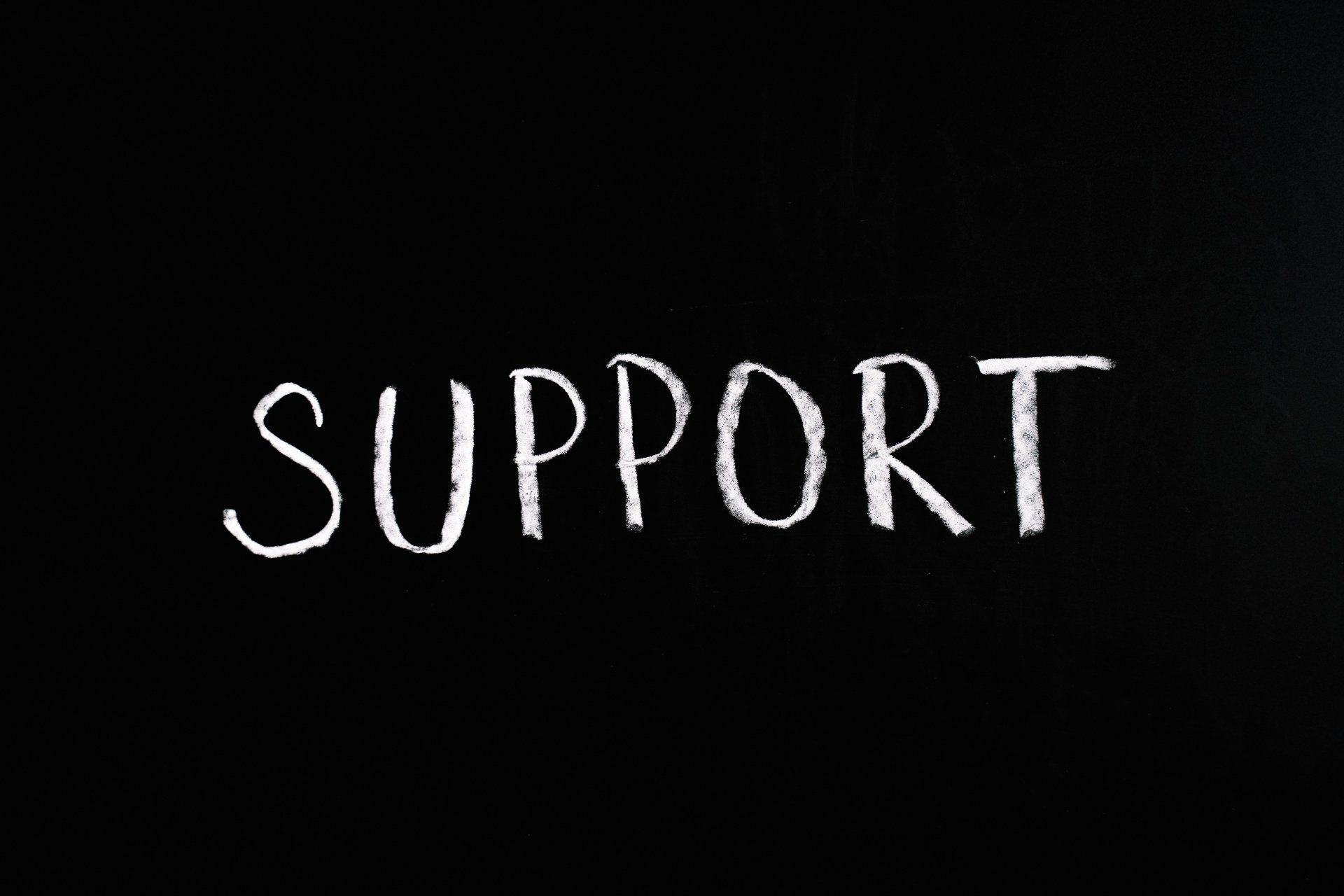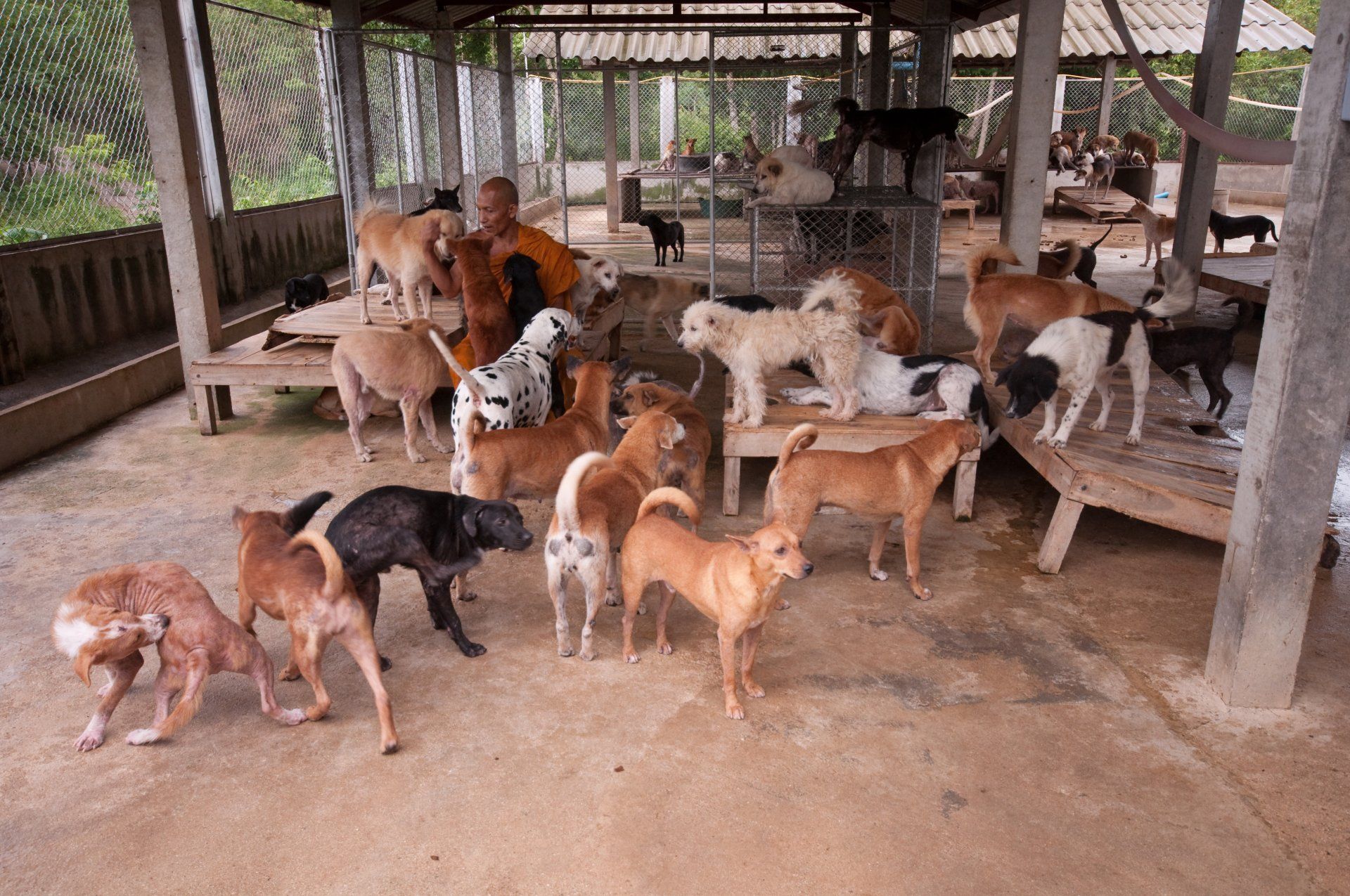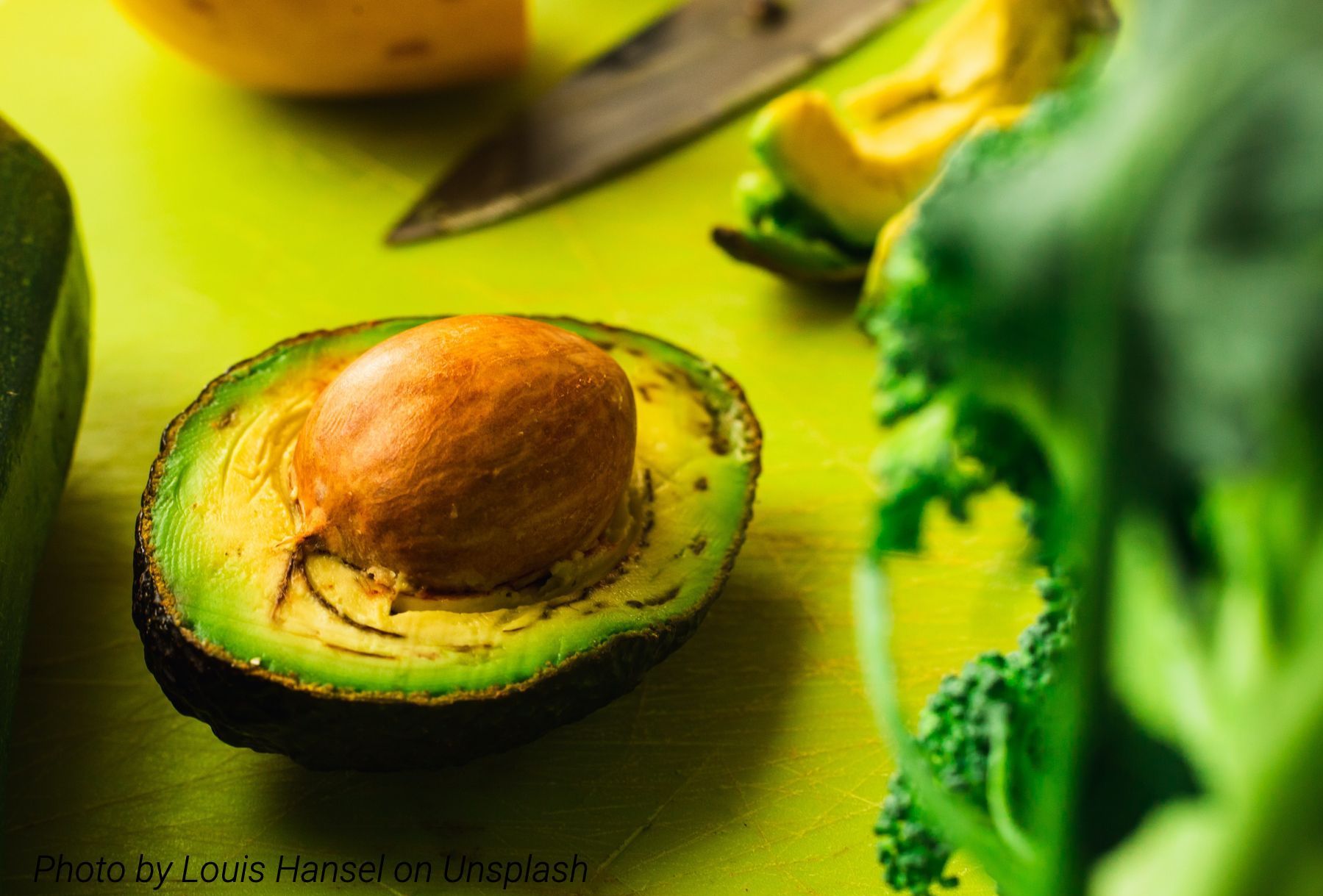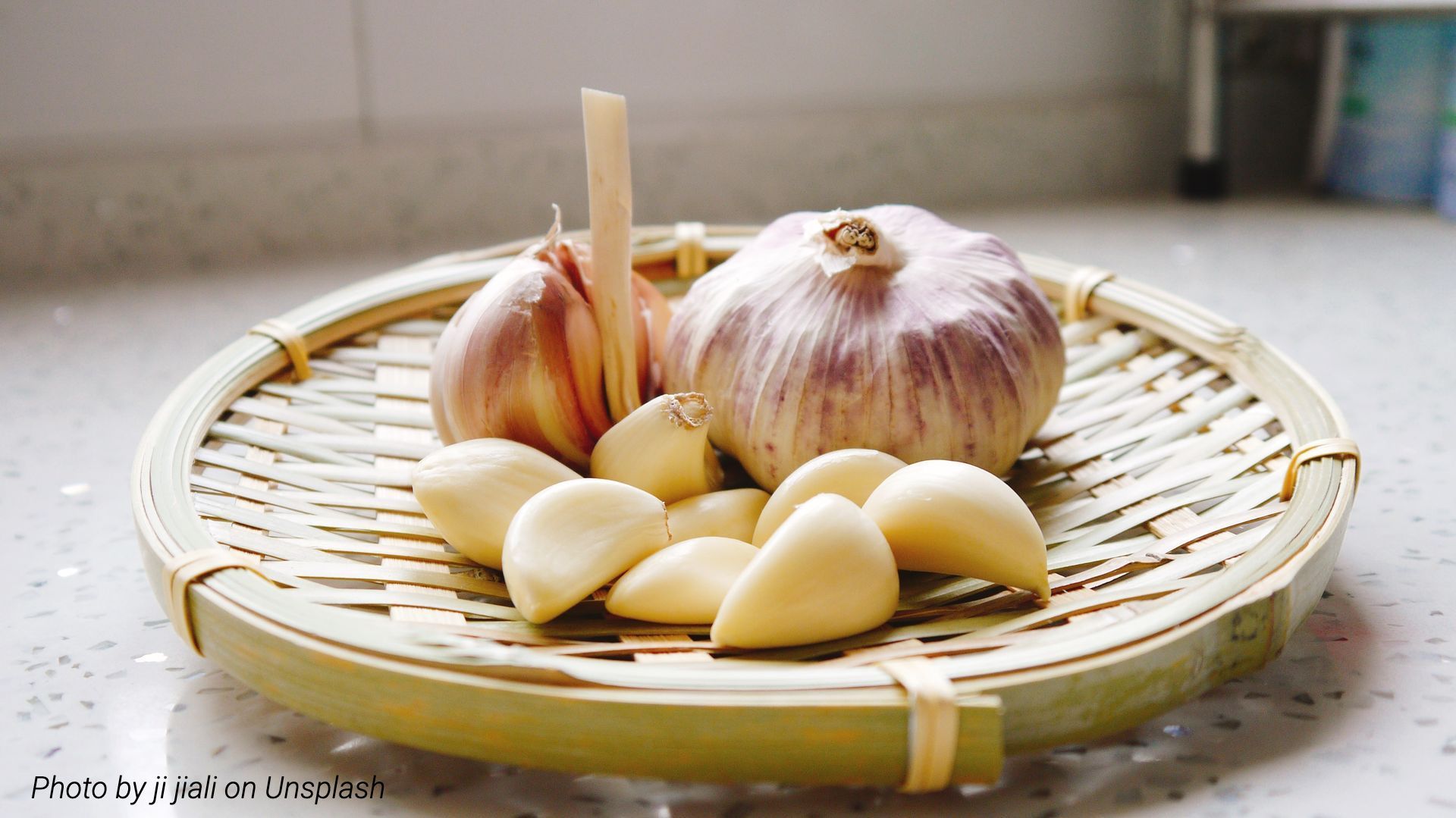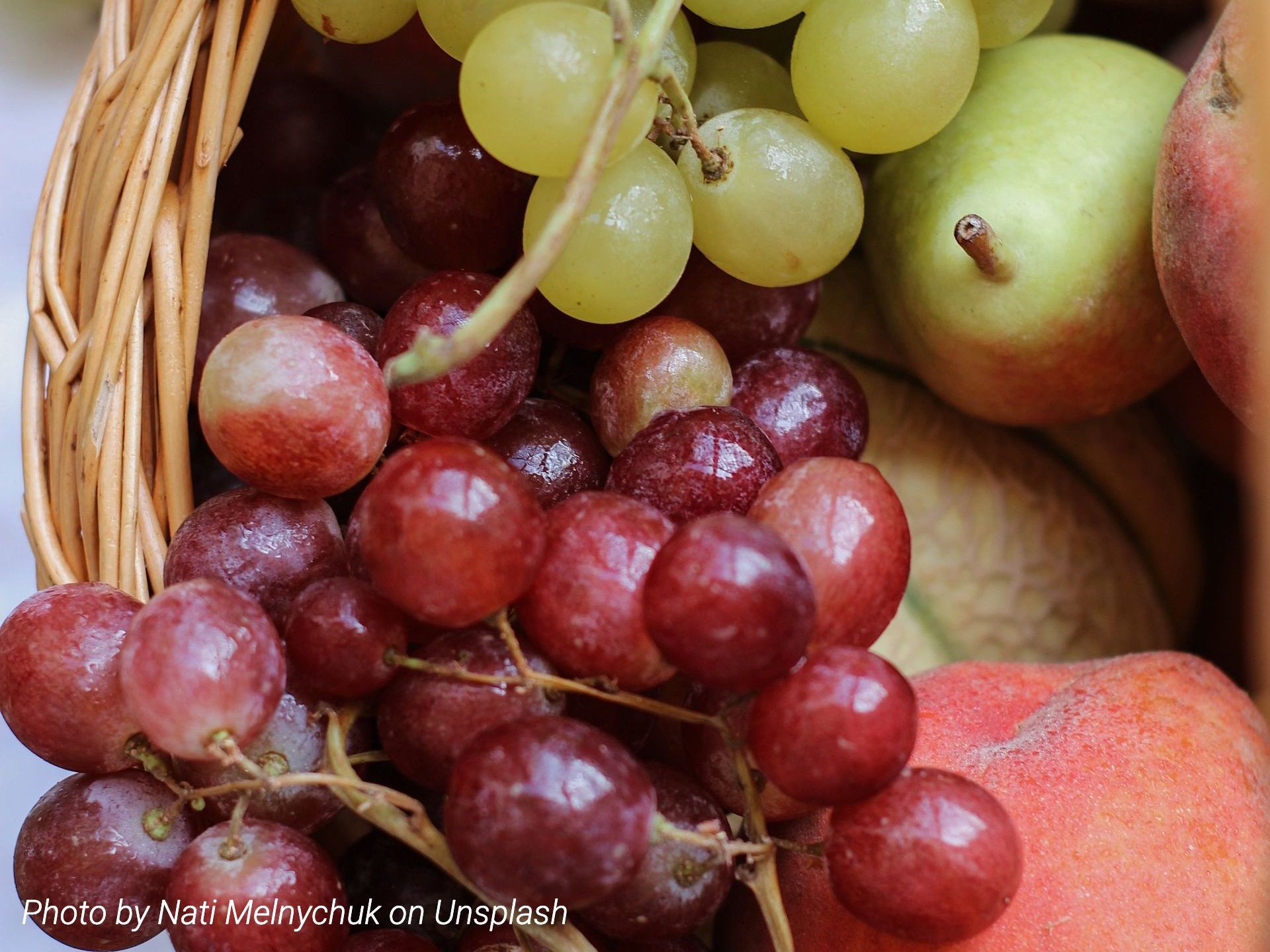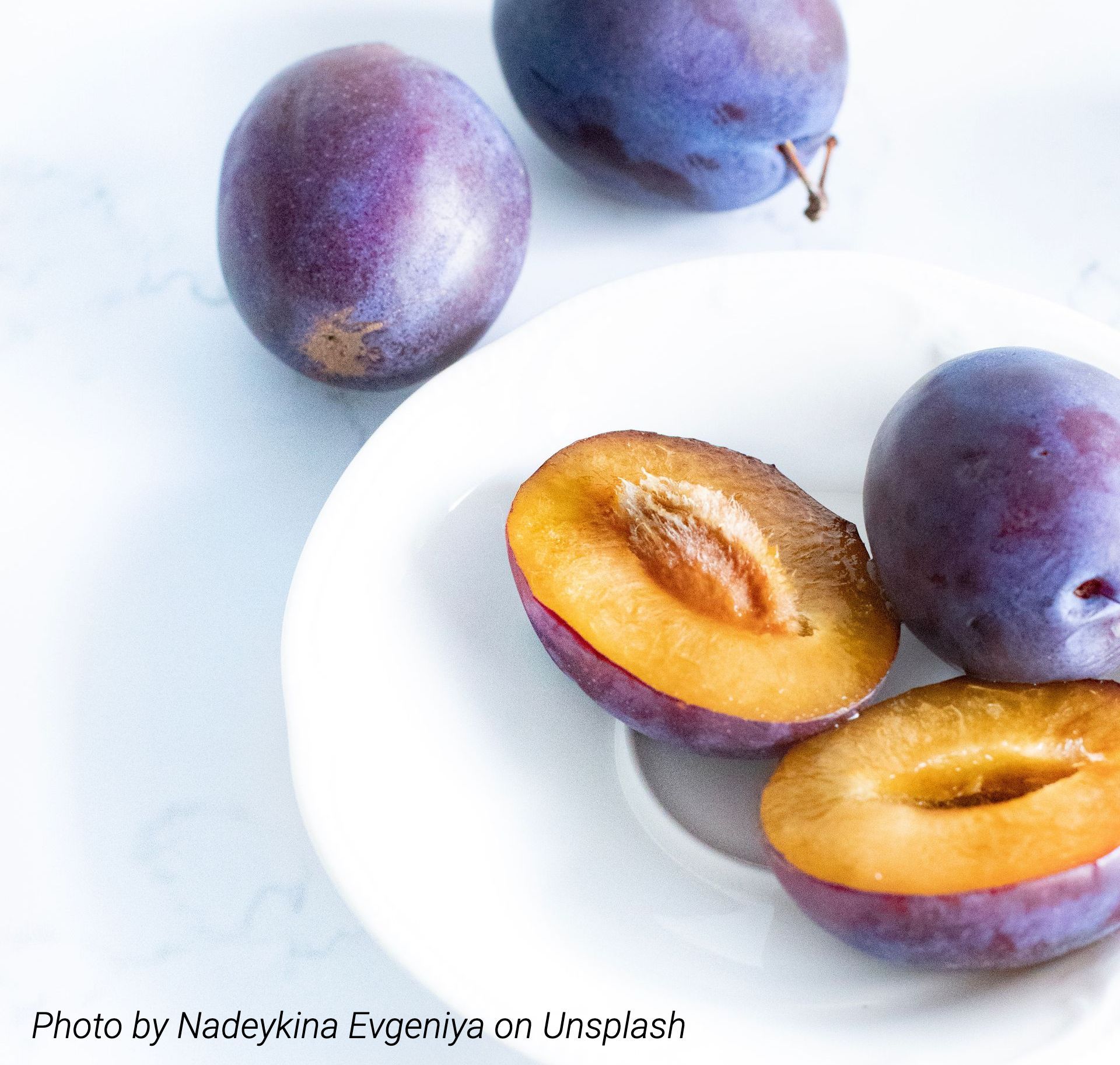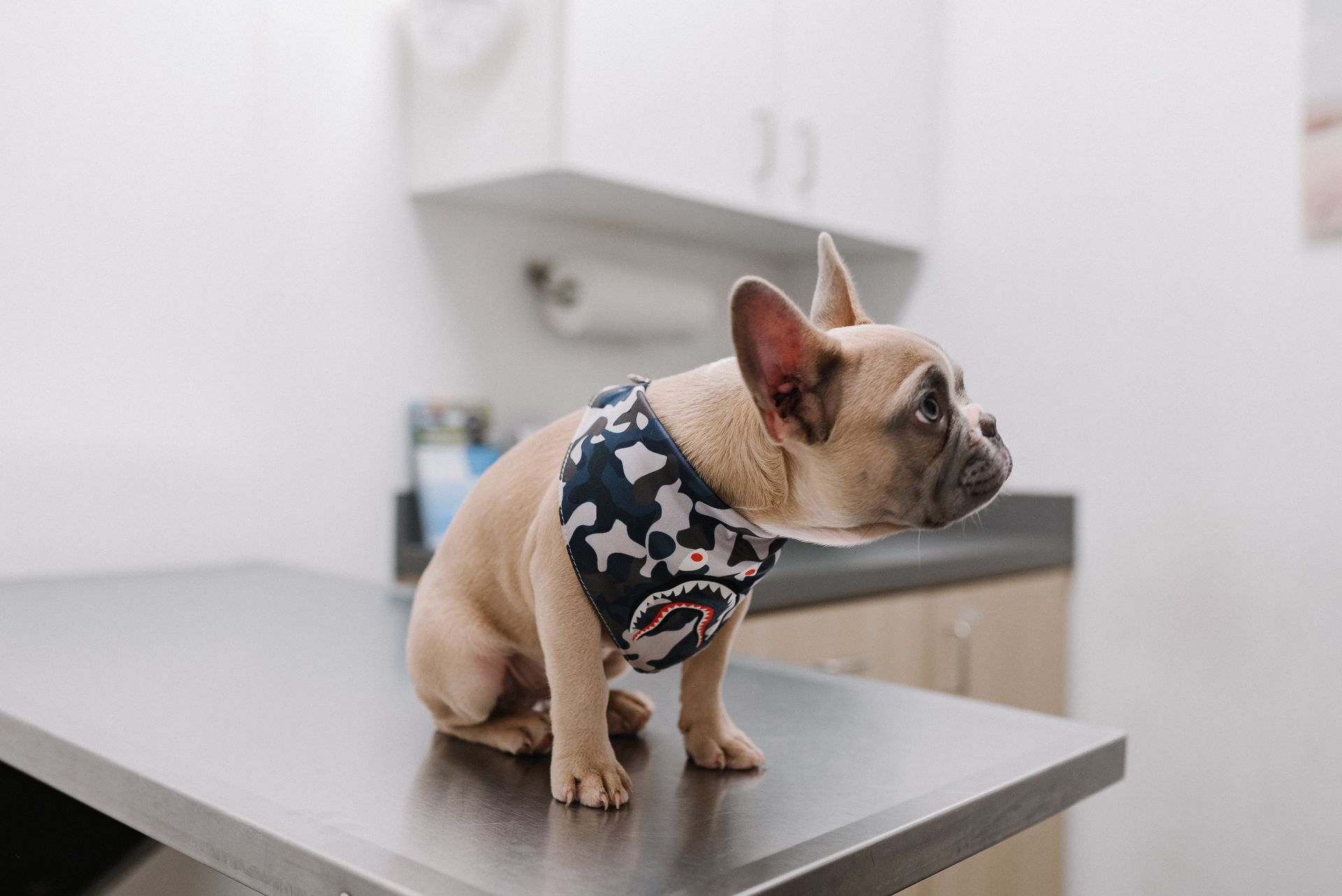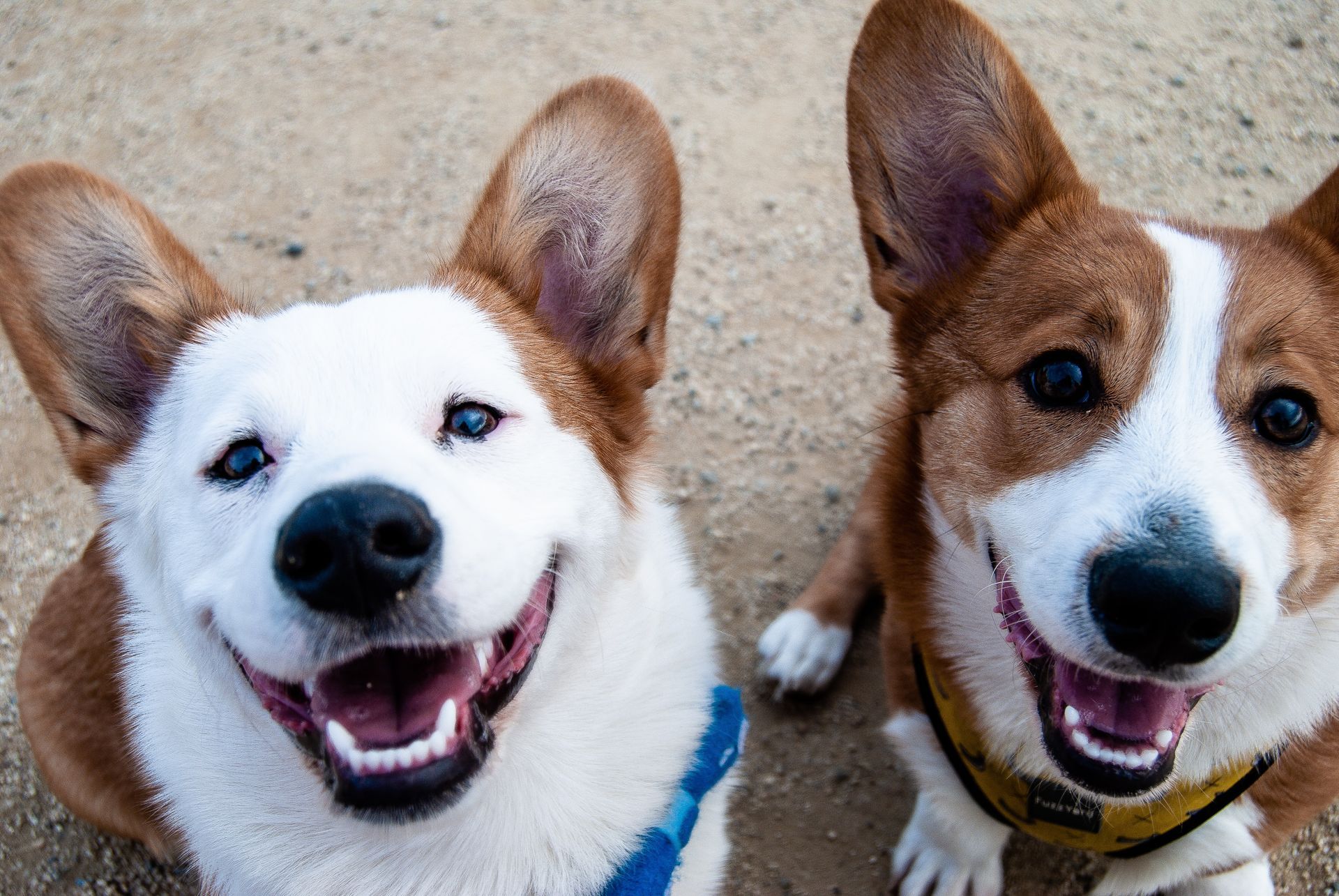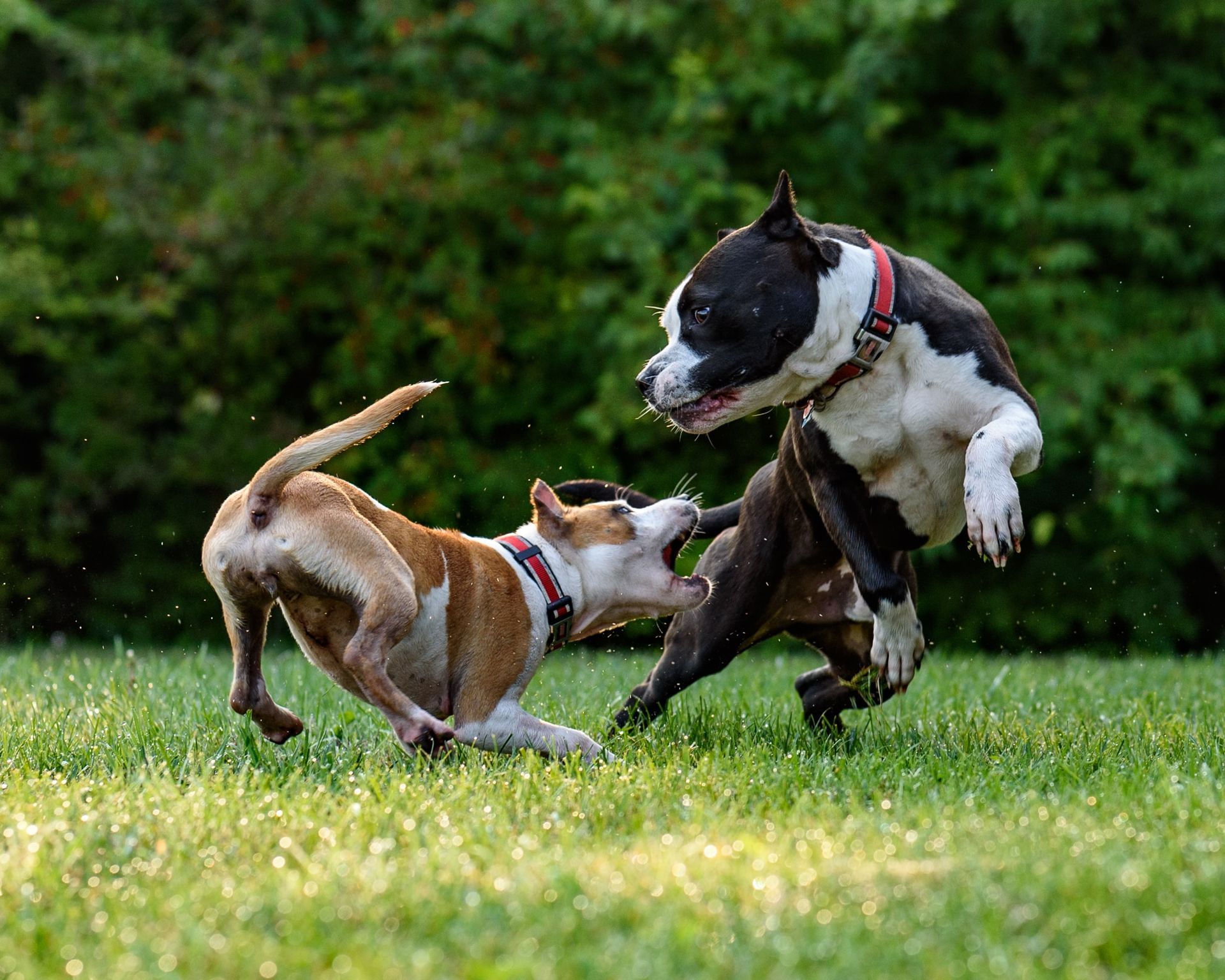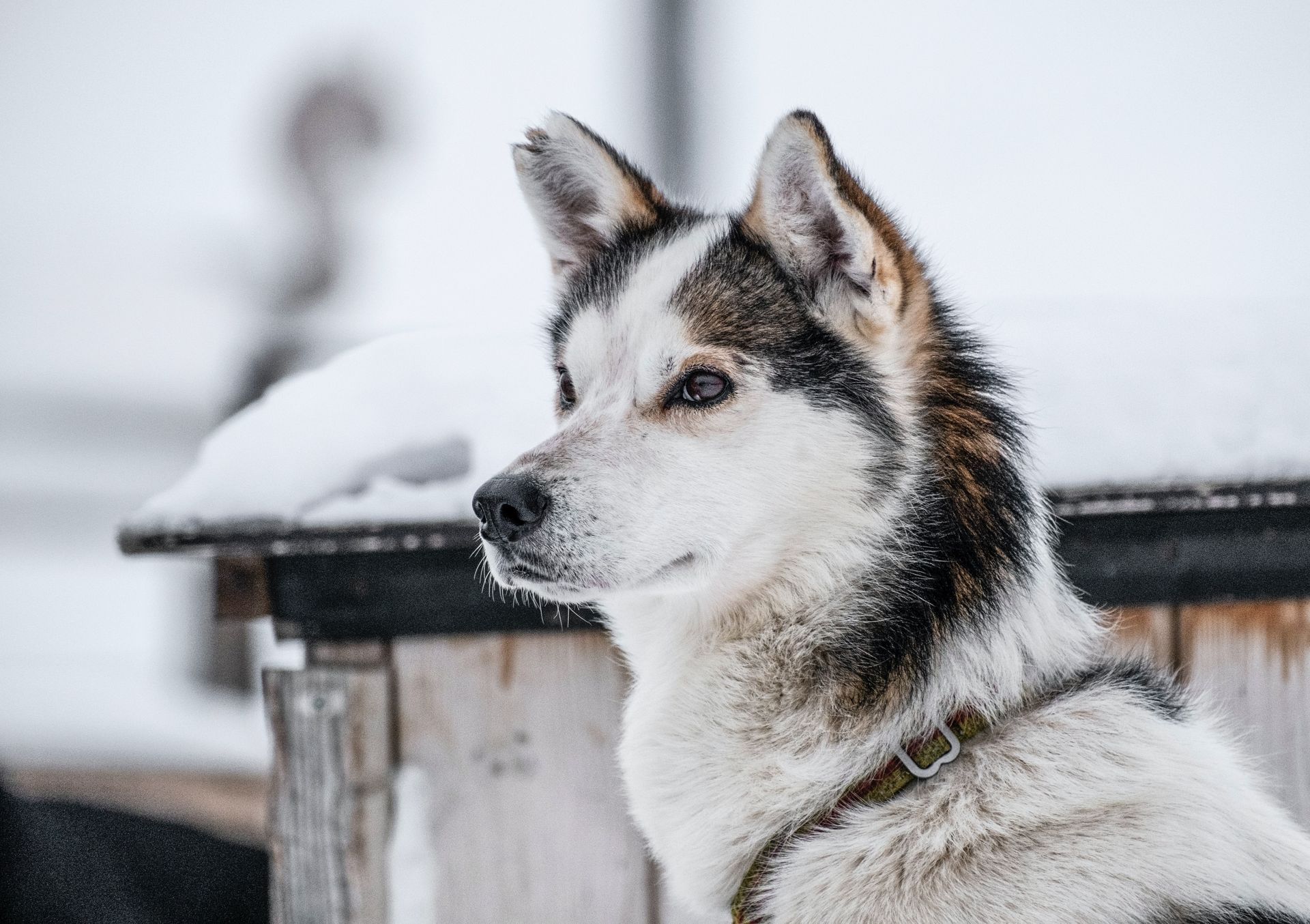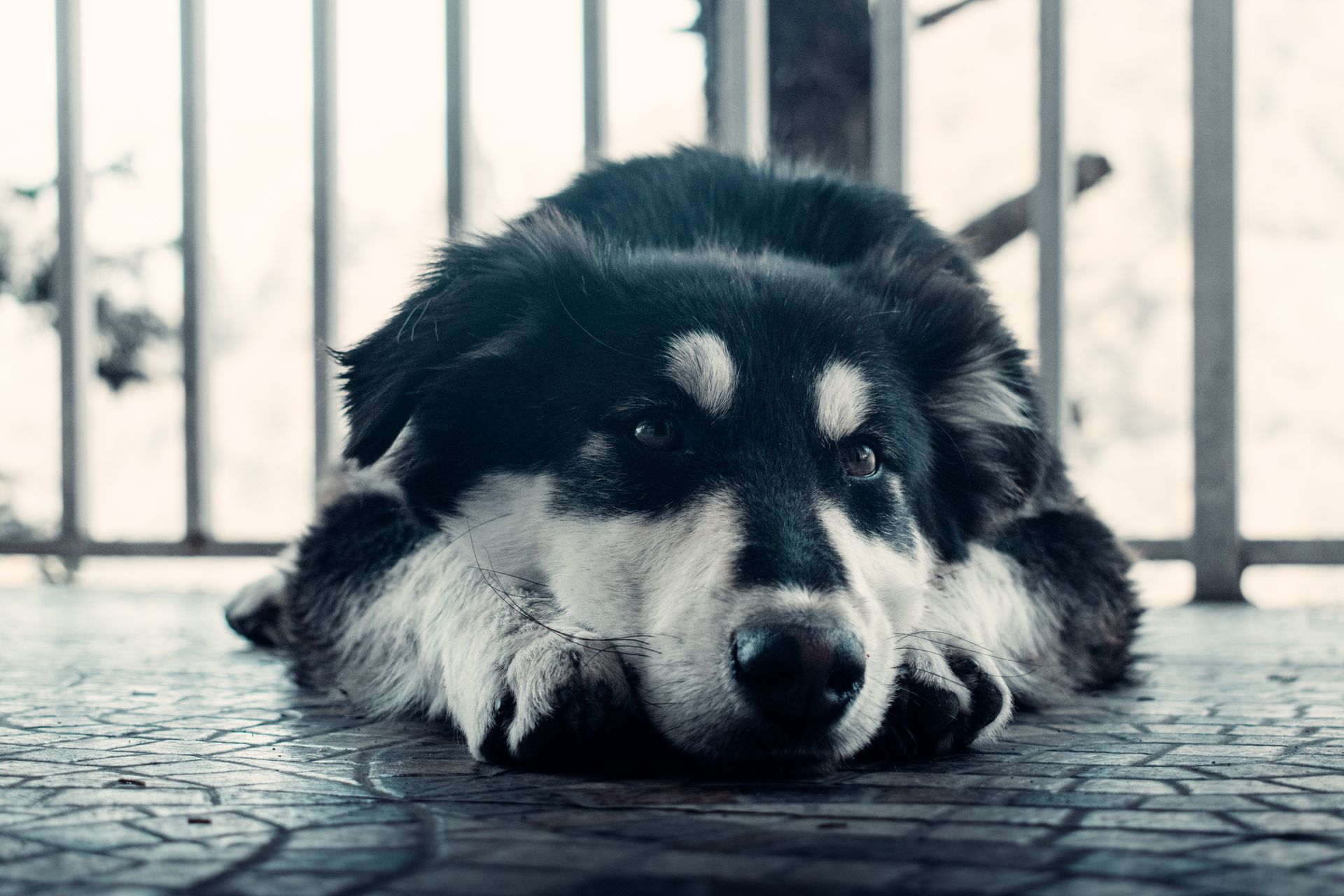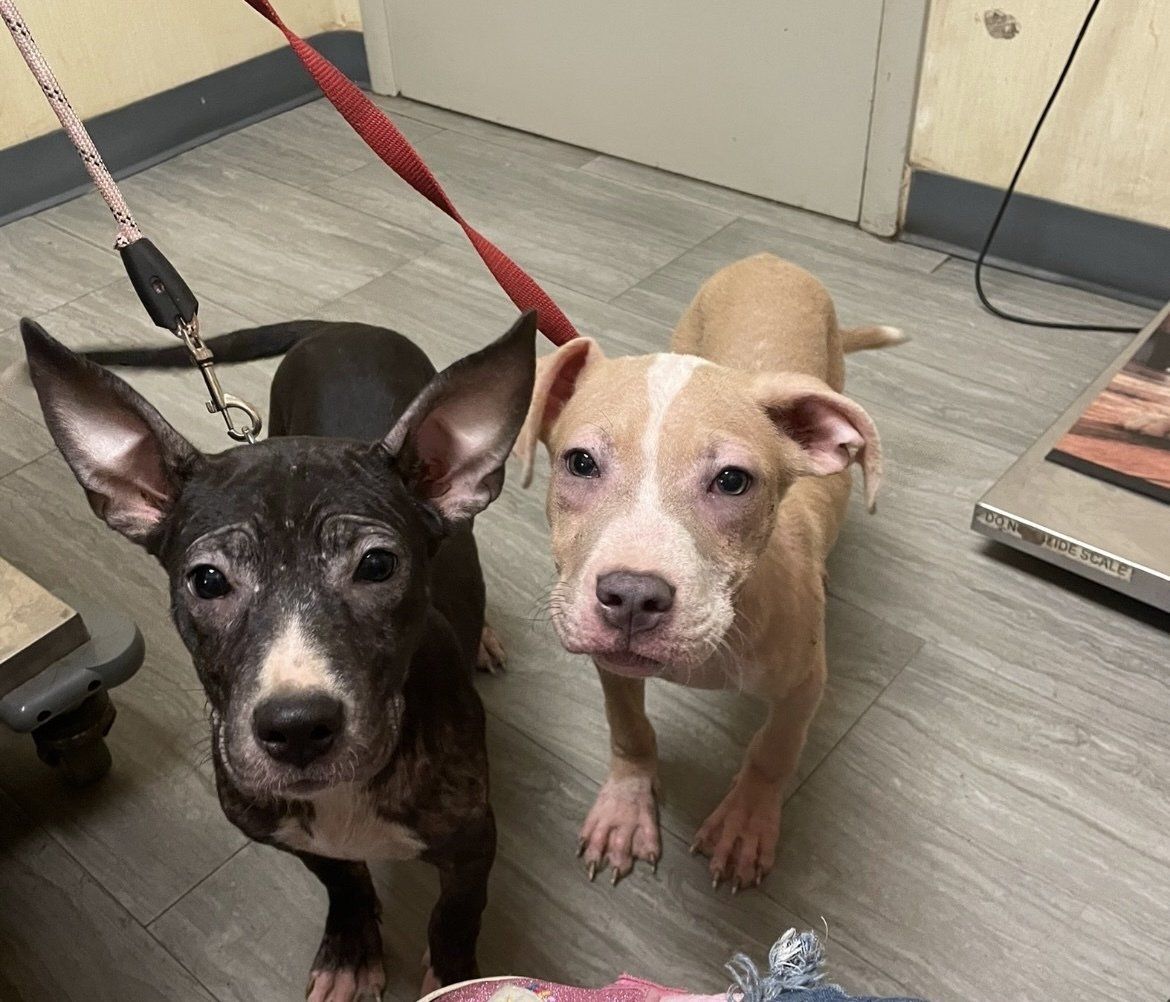Avocados are another food that is toxic to dogs. While it is more harmful when consumed for other animals such as birds, horses, and rodents, dogs should still not consume avocados. The avocado fruit, pit, leaves, and actual plant all contain a fungicidal toxin called persin, which can lead to serious health problems for dogs. Symptoms may include vomiting, diarrhea, and myocardial damage.
Foods to Avoid Feeding Dogs
10 Common Foods that are NOT Dog-friendly
If you are new to the world of dogs and having pets, you may have some questions regarding foods your dog can and cannot eat. We all know that dogs often beg for table scraps, however just because humans can consume the foods without a problem does not mean it is the same for dogs. Some foods are actually highly toxic to dogs, and can lead to a host of medical issues. Keep on reading for a list of various common foods that you should be mindful of and never feed to your dog.
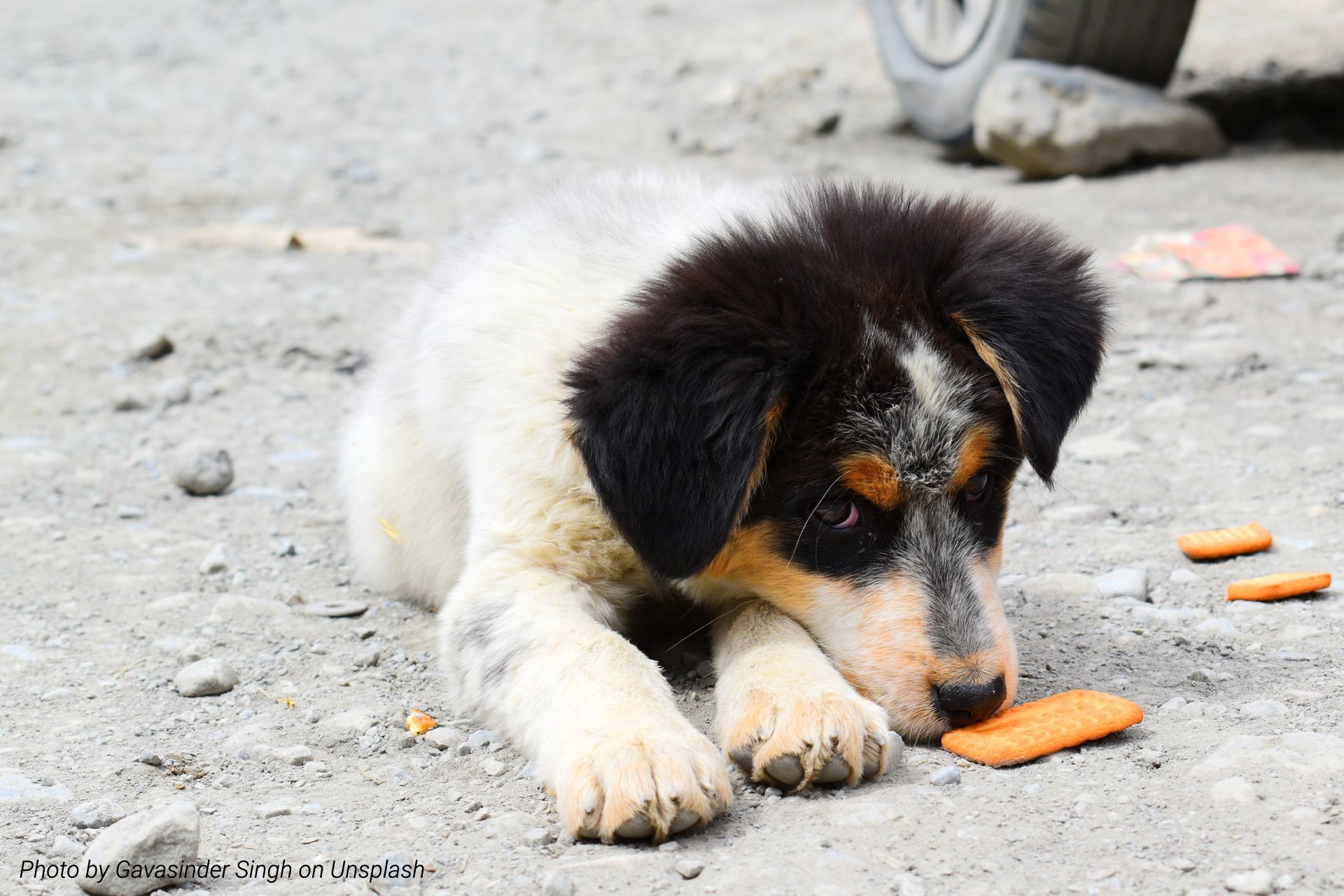
Xylitol
Xylitol is a common sugar substitute ingredient found in many foods. For humans it is an effective sugar substitute because it does not trigger insulin release from the pancreas. However, dogs metabolize xylitol differently, and it is quickly absorbed into the bloodstream and does stimulate the release of insulin which can lead to hypoglycemia, meaning a drastic decrease in blood sugar levels. Symptoms may include vomiting, lethargy, coordination problems, seizures, and can potentially lead to liver failure. When choosing foods to feed your dog, check the ingredients label for xylitol as it is often used in many sugar-free or sugarless foods.
Avocados
Chocolate and Coffee
Chocolate has been widely known to be toxic to dogs. However, it isn’t just chocolate that is dangerous for dogs to consume, but also coffee is dangerous for dogs. Chocolate contains theobromine which is poisonous to dogs. Chocolate and coffee both contain methylxanthines, a stimulant that stops a dog's metabolic process. Symptoms include diarrhea, vomiting, seizures, irregular heart function, excessive thirst and urination, hyperactivity, and tremors.
Garlic and Onions
Macadamia Nuts
Macadamia nuts are an example of another food that is highly toxic for dogs even in small amounts. Similarly with grapes, there is not enough research to determine which compound in macadamia nuts is dangerous for dogs, however even when a small amount has been consumed, it can lead to major health problems. Symptoms include vomiting, increased body temperature, inability to walk, lethargy, and fever. Some dogs can tolerate a very small amount and only have minor reactions that resolve in a few days, however in general macadamia nuts are still poisonous for dogs to consume. Contact your local vet if your dog has consumed macadamia nuts.
Alcohol
It should go without saying to not feed your dog alcohol or any products containing alcohol. But to be sure, do not feed your dog alcohol or any alcoholic beverages or foods. This can lead to vomiting, diarrhea, decreased coordination, central nervous system depression, difficulty breathing, tremors, and abnormal blood acidity. Dogs should not consume alcohol; make sure to contact your vet if your dog has consumed any foods containing alcohol.
Grapes
Yeast Dough
Yeast dough is also harmful for your dog when consumed. The yeast in raw dough can rise and cause gas to build up in your dog’s digestive system. This can lead to bloating, which is painful and can cause issues for your dog. Furthermore, yeast releases ethanol as a by-product; ethanol in the bloodstream can lead to alcohol toxicosis in dogs.
Peaches and Plums
Dairy
Milk and dairy products are another potentially harmful food that dogs should not consume. While they are not toxic or fatal to dogs, most dogs do not have the enzyme lactase to break down lactose in dairy products much like the way lactose-intolerance works in humans. Small amounts of dairy may be safe for your dog to consume, but keep an eye out for lactose-intolerance symptoms such as diarrhea or gastrointestinal irritation.
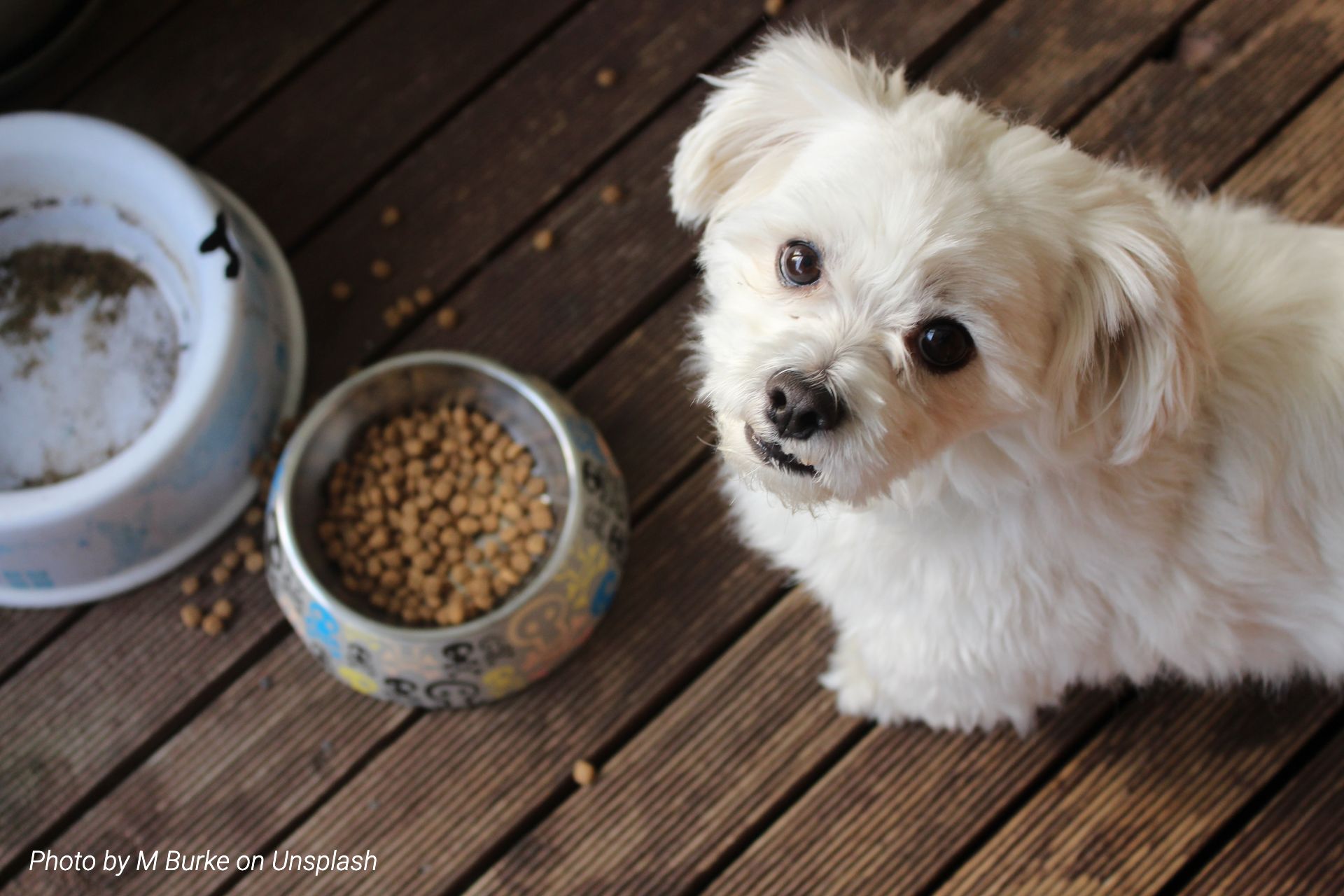
Although this list is not a full compilation of foods you should be mindful of when feeding your dog, these are the most common foods that are toxic or highly prone to causing health issues when consumed by dogs. Not every dog is the same, and each breed varies in the ways they can digest and metabolize different foods. For example, lactose intolerance differs among different dogs much like with humans; however, every dog of any breed, size, shape, or age are at risk for potentially ingesting something harmful.
If your dog has a tendency to favor its adventurous side and likes to eat almost anything, keep a watchful eye out for any unusual behavior and be careful what is within easy reach of your dog. If you are ever questioning if your dog can eat a food or ingredient, always reach out to your local vet for professional advice, and verify if it is safe and dog-friendly. Dogs deserve love and care, and as a pet owner you may not always be able to prevent your dog from accidentally ingesting something potentially harmful. Much like humans with food allergies or intolerances, keep a list of foods to avoid feeding your dog handy, be mindful of any unusual symptoms your dog may experience, and gather contact information for animal poison control to be prepared for any situation.
